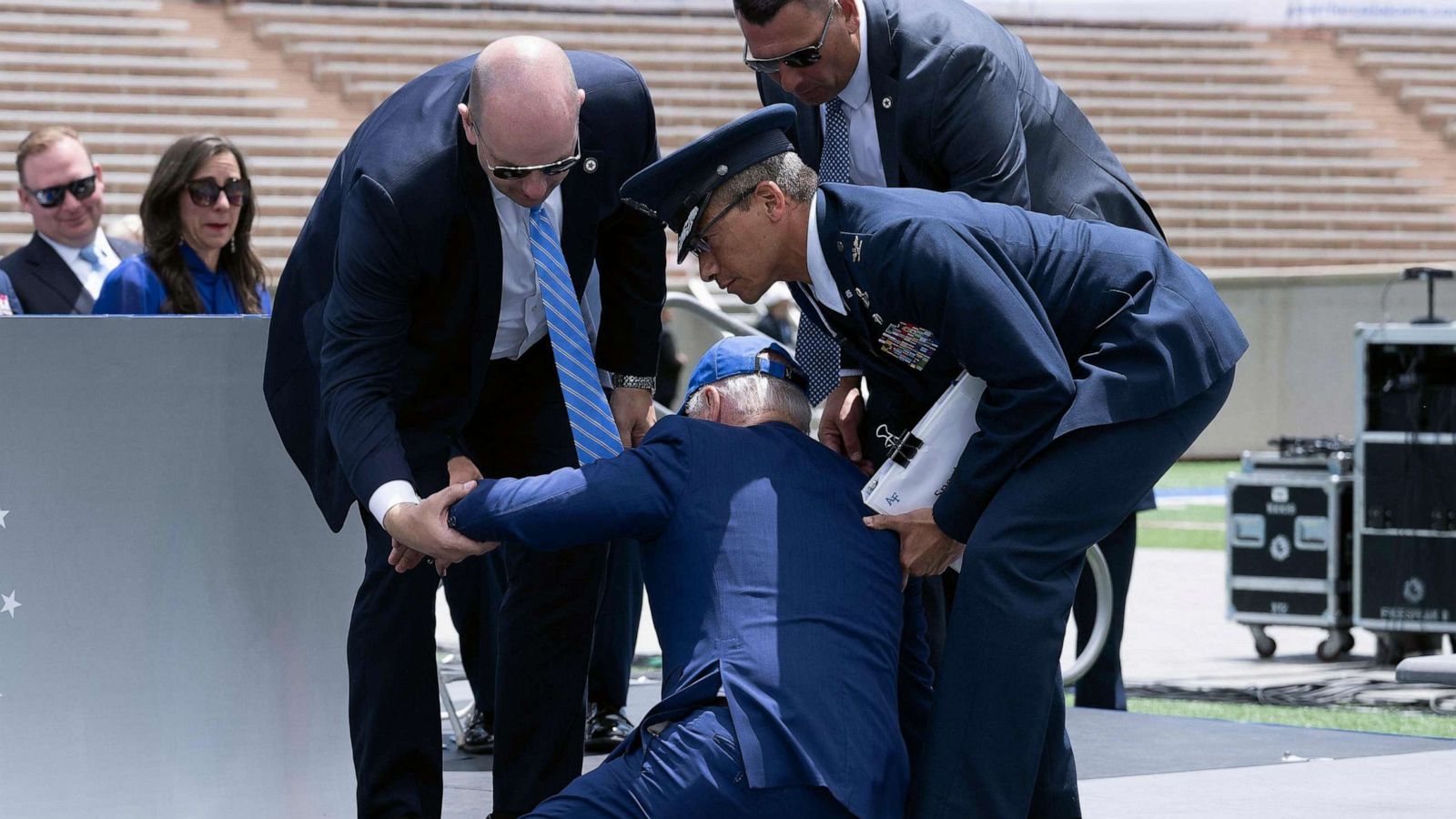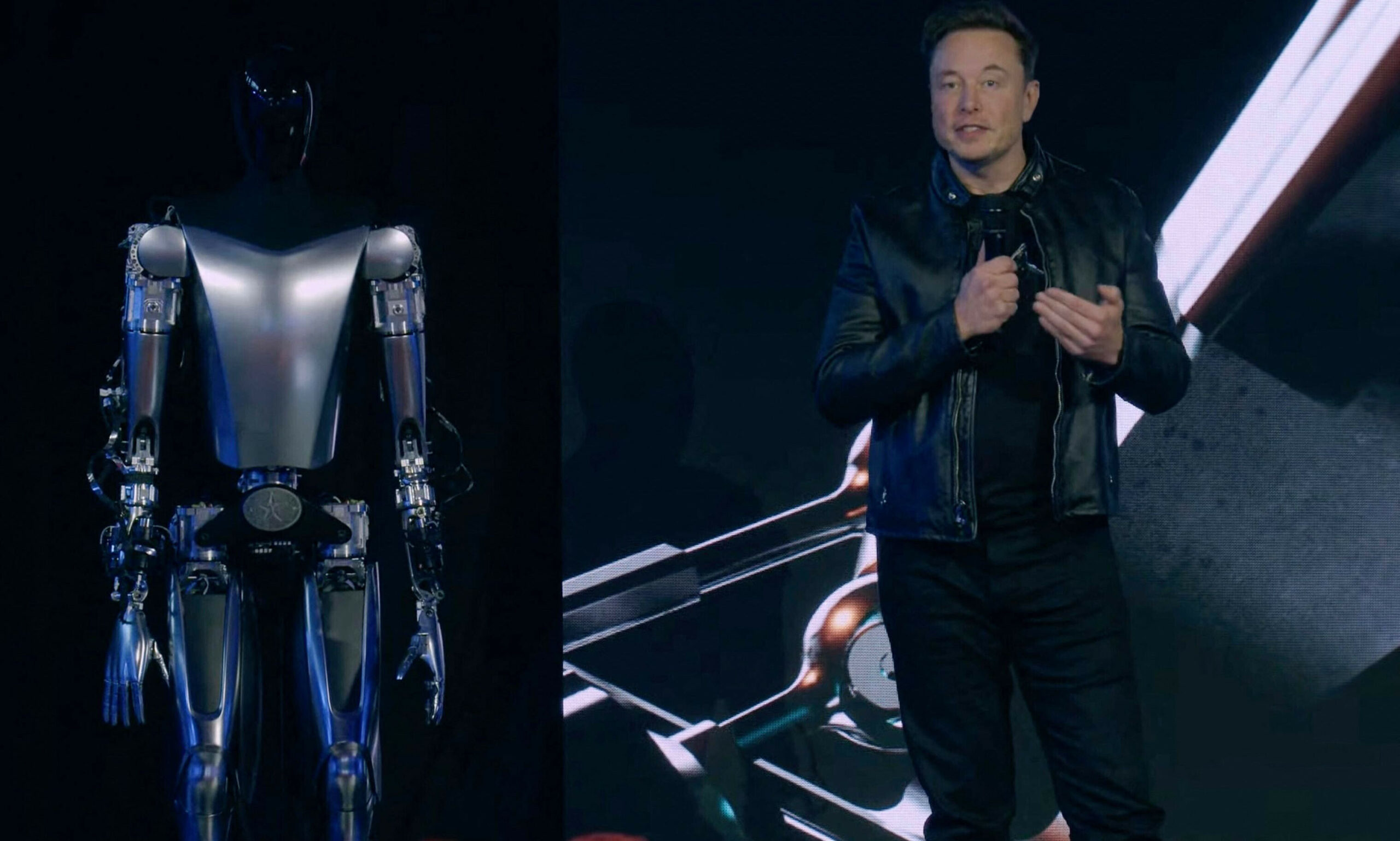In a recent memo released by Dr. Kevin O’Connor, the personal physician to U.S. President Joe Biden, the 81-year-old leader was declared “fit for duty,” marking a significant moment not only in his presidency but also in the broader narrative of the 2024 presidential election. According to the memo, despite undergoing a root canal last year and being treated for sleep apnea, President Biden maintains a regimen of exercising at least five days a week, showcasing a dedication to health that many might not expect from someone of his age. The memo also detailed Biden’s ongoing treatment for “peripheral neuropathy” in both feet, gastroesophageal reflux, allergies, and spinal arthritis, yet emphasized that none of these conditions have impeded his ability to fully execute his presidential responsibilities.
This health assessment comes at a time when Biden’s age and physical condition have been thrust into the spotlight, magnified by the political theater of an election year. As the oldest president in U.S. history running for re-election, scrutiny of Biden’s health is to be expected, yet the findings of this year’s physical seem to counter the narrative of decline. Biden himself reassured the public, stating that the results of his physical were “no different than last year” and that “everything is great.”
The focus on Biden’s health is not occurring in a vacuum. The political discourse around the physical and cognitive fitness of presidential candidates has become a heated topic, with former President Donald Trump and his supporters frequently casting aspersions on Biden’s fitness for office. Trump, who at 77 is not far behind Biden in age, has engaged in a war of words, accusing Biden of being a “puppet” and questioning his health and mental acuity. This back-and-forth has been a hallmark of their political rivalry, adding fuel to the fire of an already polarized electorate.
Interestingly, the debate over age and health isn’t just a binary issue between Trump and Biden. Nikki Haley, Trump’s last rival for the Republican nomination, has argued that both men are too old for the presidency, advocating for cognitive tests for candidates. This position introduces a broader question about the criteria we use to assess the fitness of our leaders and the role age should play in that assessment.
In navigating these discussions, it’s crucial to consider the implications of reducing a candidate’s viability to their physical health or age. While it’s reasonable for voters to expect transparency regarding the health of presidential candidates, there’s a thin line between legitimate concerns and ageist rhetoric. The capacity to lead effectively involves a complex interplay of experience, wisdom, policy understanding, and the ability to inspire and unite. These qualities do not necessarily diminish with age; in fact, they may be enhanced by it.
As the 2024 presidential election approaches, the discourse around Biden’s fitness for office and the mocking jabs from Trump highlight the intersection of health, age, and political strategy. Yet, as the public sifts through these narratives, it’s essential to focus on the broader picture of leadership qualities, policy positions, and the vision each candidate has for the future of the country. In doing so, voters can move beyond the superficial debates of age and health, engaging instead with the substantive issues that will shape the direction of the nation.




